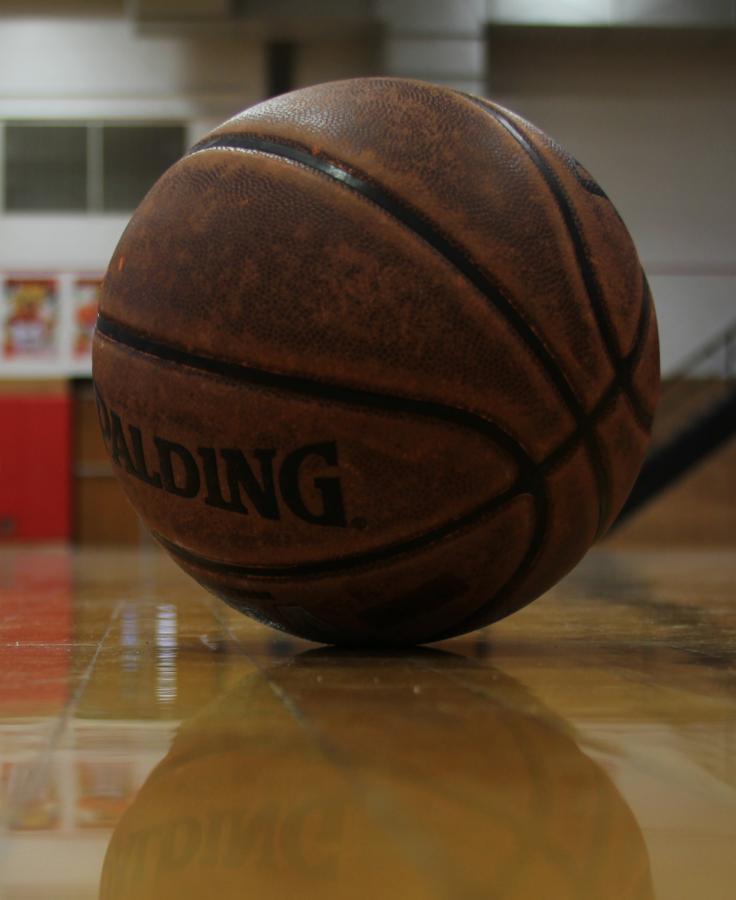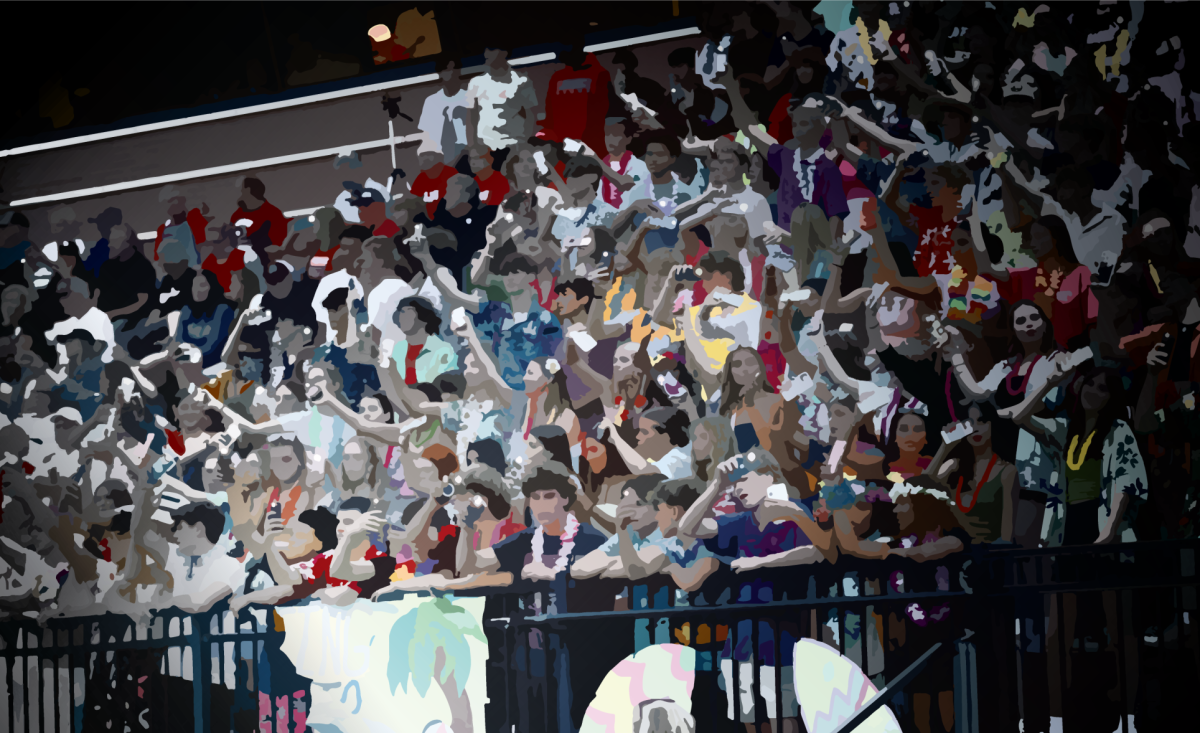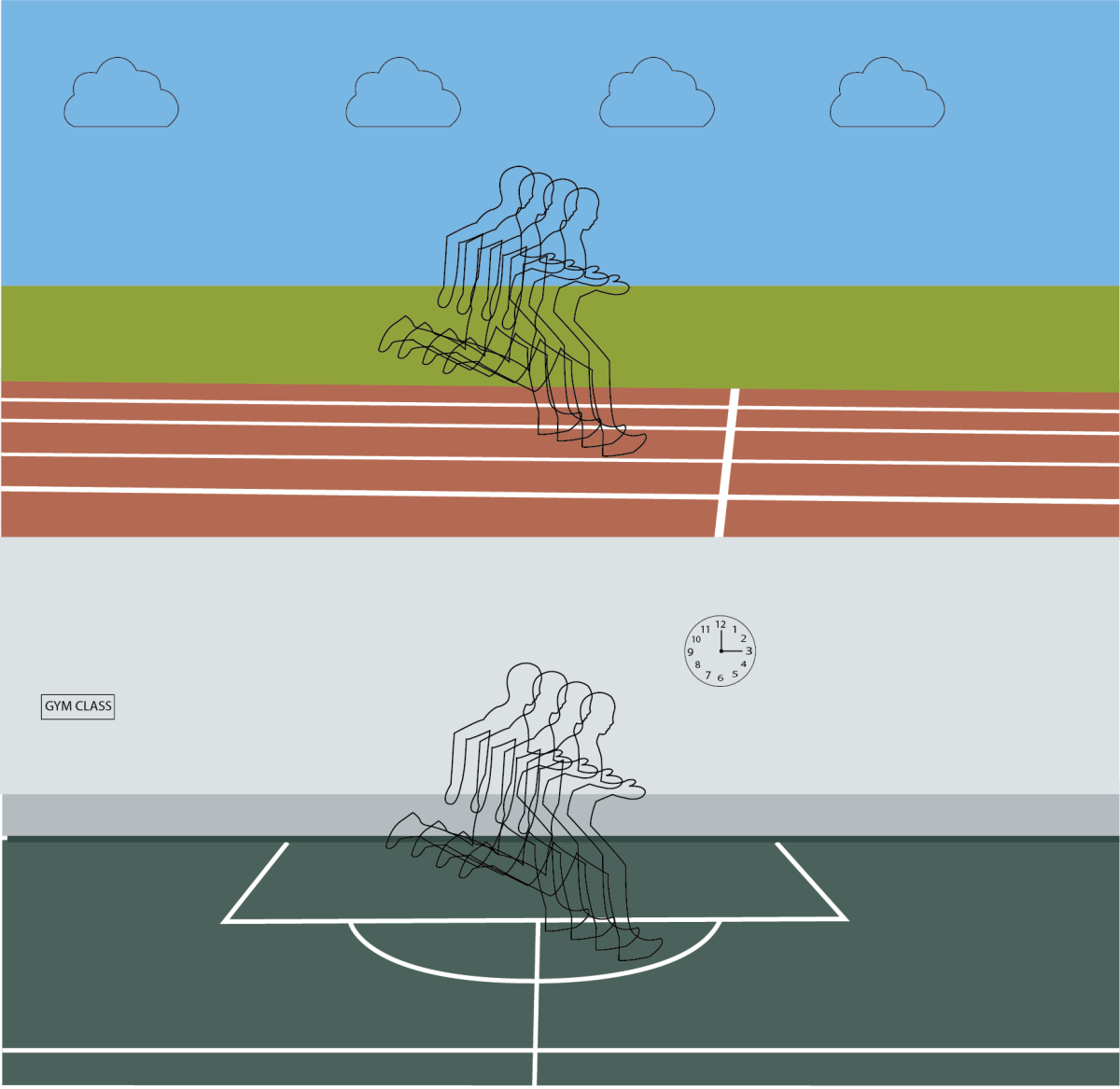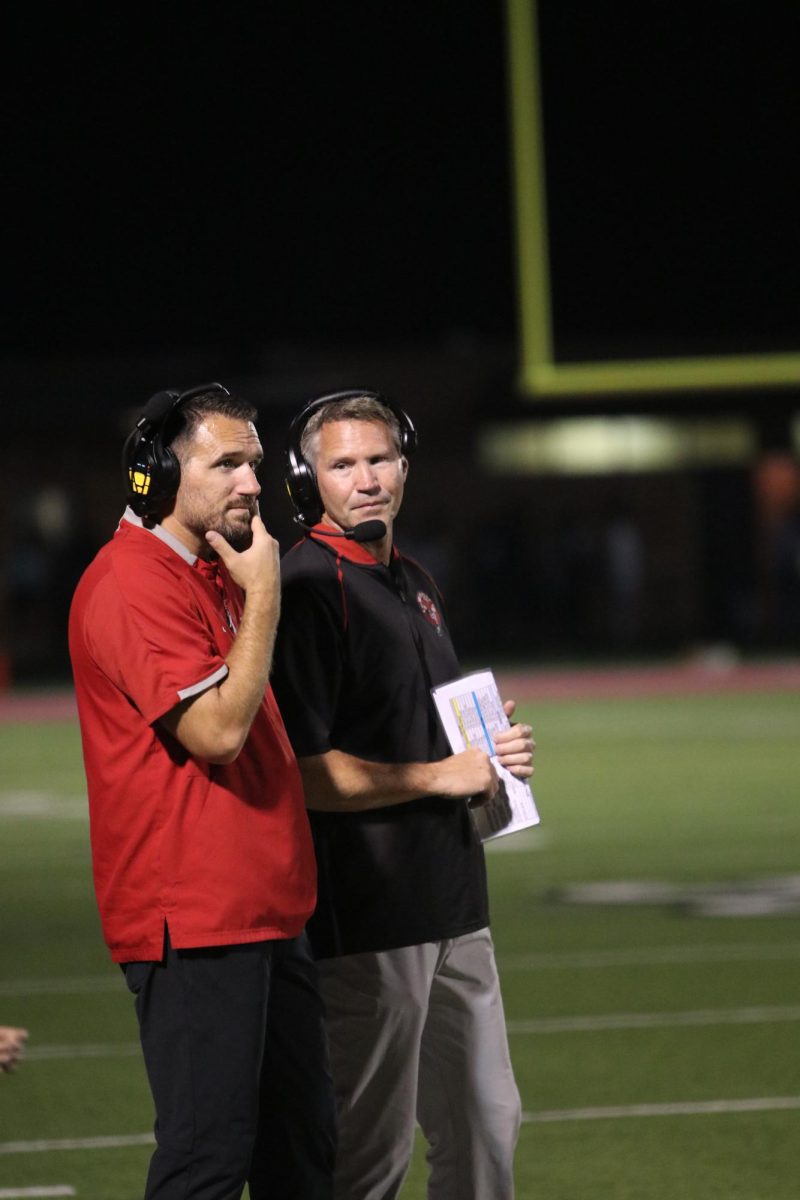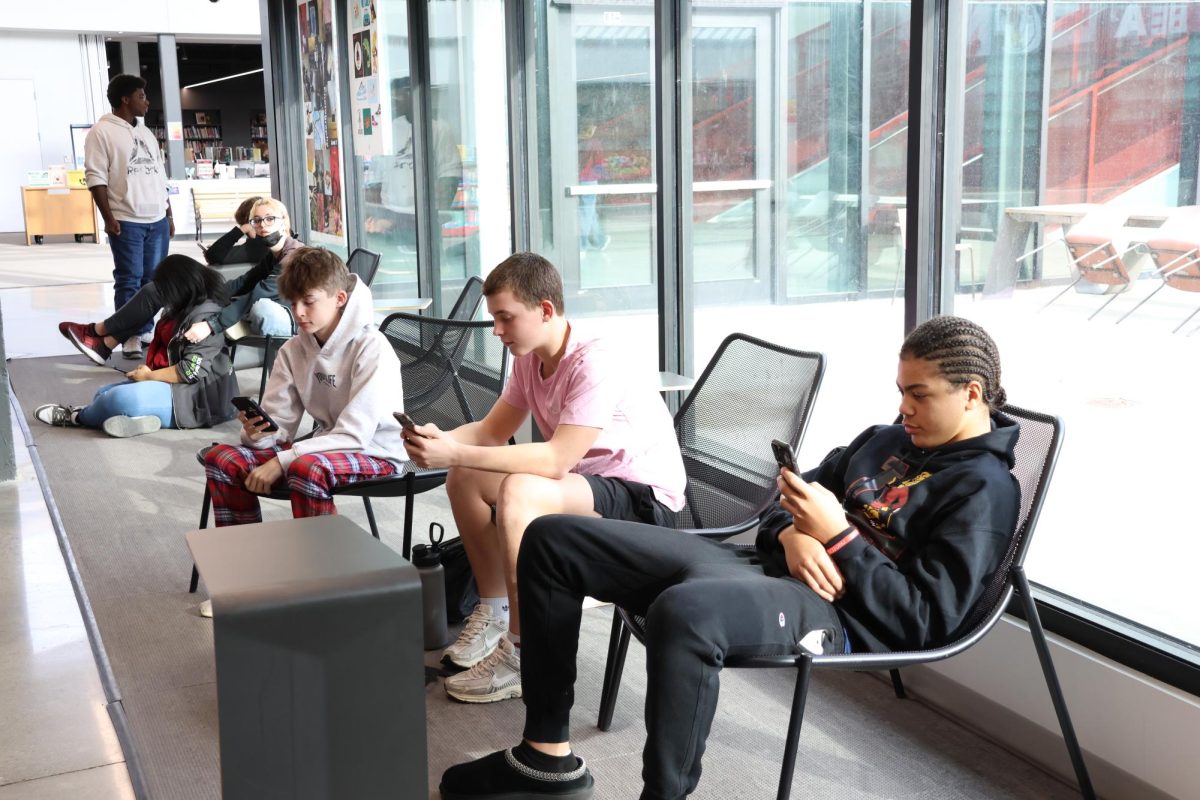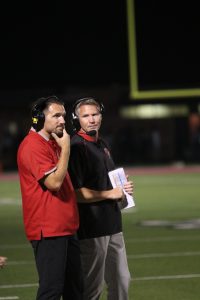Put the “student” back in “student athlete”
NCAA must root out corruption and return to what made college basketball unique
January 14, 2019
The start of college basketball season is one of the most exciting times of the year. This year is even more exciting with all of the hype surrounding KU’s star-studded team. However, this excitement has been muddled due to the findings of an investigation released in April of last year.
On Tuesday, April 10th, charges were filed against Adidas executive James Gatto for alleged payments to families of six college basketball players, one of them being a current KU player, Silvio De Sousa. According to the charges, Gatto tried to funnel $90,000 to De Sousa’s mother through an AAU team controlled by Gatto’s associate.
The NCAA and the federal government are currently investigating the case, so as a result, De Sousa now has to sit on the bench.
Don’t think for a second this is an anomaly. With the amount of money that is in college basketball, which may amount to billions, the fact that shoe companies are trying to gain an edge for the university they sponsor is not surprising. Adidas is just the first to get caught.
These allegations provide a stark reminder of the state of college basketball today. The most successful programs are now merely stepping stones for one-and-done NBA players, who attend college for one year without getting much out of the few classes they actually have time to take. So, it makes sense that to offer the most enticing deal possible to a player who would otherwise be making money in the NBA, the best programs would find a way to provide some sort of monetary incentive. The NCAA decries the immorality of these tactics publicly. However, finding ways to get the best athletes can only make the NCAA more money. College basketball is now just a corrupt business that pretends to care about athletes’ education. As a result, De Sousa was punished for a deal he had no knowledge of and the root of the problem remains unsolved.
So, how should college basketball move forward?
One possibility is to bring all of the back room dealings out into the open by allowing the payment of players. However, this would be unwise. There are myriad reasons you can find online for why this wouldn’t be the best decision, however the most compelling reason concerns the uniqueness of college sports. College athletics in the United States stands alone in comparison to sports worldwide. No other country has this kind of sports tradition; in Europe and the rest of the world, athletes don’t play for their high schools or colleges, instead the best athletes are placed in elite pre-professional academies at an early age. I don’t want college basketball to become just another professional sport, or just a mediocre version of the NBA. What makes college sports so special and passionate is the players’ connection to the university’s tradition, student body, and broader community through education.
To make college basketball all it could be, the NCAA must first root out corruption on all levels, especially at the youth circuit level where shoe companies make their deals. To end the one-and-done culture, the NBA needs to scrap their nineteen-year-old draft eligibility age minimum and let players go pro when they want to. Hopefully, this will foster the return of loyal four year players that we grow to know and love. These solutions may keep the very best talent, like the Zion Williamson’s of the world, from playing college basketball, which is why programs need to appeal to these players through means besides money. This may sound naive, but appealing to the experience of playing on a close-knit team, growing as a man, and the future value of education, may not be such a bad idea. But above all, programs will have to appeal to the glories of the college game itself: raucous student sections, bands playing the roof off, and swaying arm in arm to the old alma mater.



